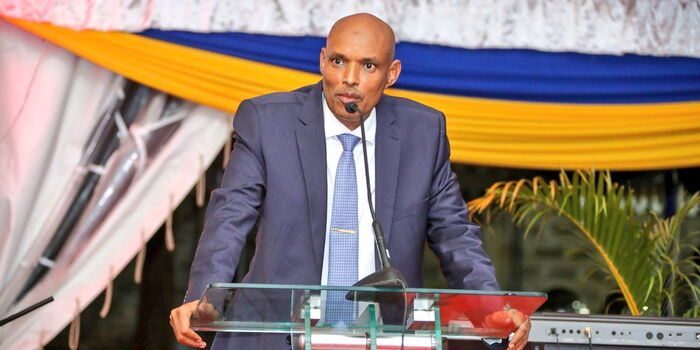Gates advocates strengthening PHCs to tackle health inequality
The Chair of the Gates Foundation, Bill Gates has advocated strengthening Primary Healthcare Centres (PHCs) to effectively address the global health inequality and improving outcomes.
Speaking during the Goalkeepers Nigeria event held in Lagos, Gates observed that despite progress in global health, huge disparities persist particularly in Africa, where children born in some regions are still 50 times more likely to die before the age of five than their counterparts in other countries.
He commended federal and state governments for their investments in community-based health infrastructure, noting that when PHC is well-funded and supported, it saves lives and strengthens communities.
Gates underscored the role of innovation and artificial intelligence (AI) in transforming healthcare and urged African countries to localise these solutions to suit their unique challenges.
He emphasised the need to end medical tourism and ensure local production of drugs in the country.
The president and Chairman of Dangote Group, Aliko Dangote, said that the group in collaboration with the Bill Gates Foundation, the Federal Government and other partners have been able to end the wild poliovirus in the country.
Speaking at the event, Gombe State governor, Inuwa Yahaya, emphasised the urgent need to strengthen Nigeria’s health system, with particular focus on primary health care.
Yahaya said that expanding access to PHCs was a core promise of his campaign before taking office — one that his administration has remained committed to. “I had to focus on the primary health care system, and today, we now have two primary health centres in every ward in the state.”
He noted that access to healthcare services in the state has significantly improved, with immunisation coverage at the grassroots.
However, Yahaya said some challenges persist, particularly in workforce deployment and accountability. “One of the problems is the attitude of health workers, especially those newly posted to rural areas.”
To address this, he said the state introduced biometric attendance systems to monitor worker presence and reduce absenteeism, as well as increased budgetary allocation to the health sector.











